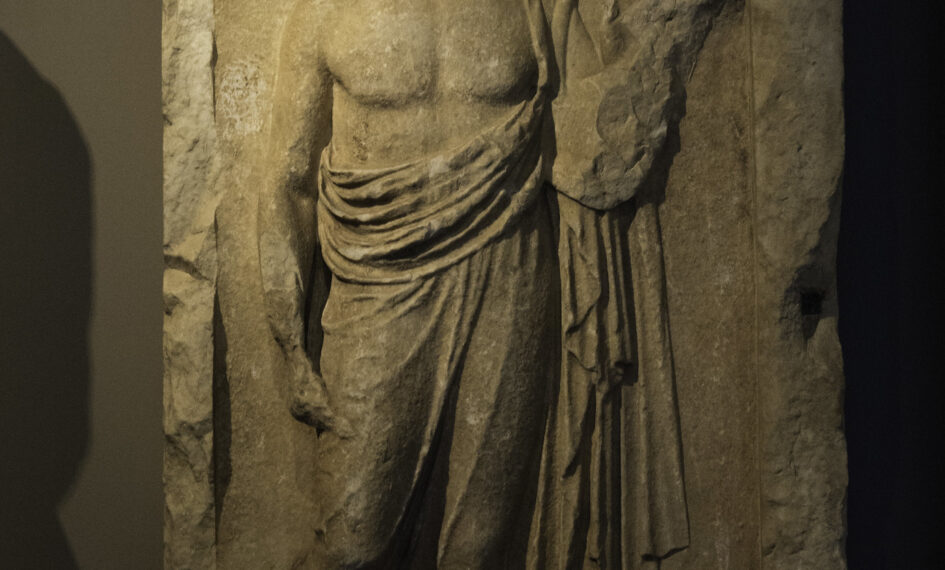The word “harmony” has its etymology and origin in ancient Greek.
Etymology:
- The term comes from the Greek word “ἁρμονία” (harmonia), meaning “joint, agreement, concord,” and from the verb “ἁρμόζω” (harmozo), which means “to fit together, to join.”
- The root of “harmonia” is also related to the Greek word “ἁρμός” (harmos), meaning “joint” or “shoulder,” which adds to the sense of things fitting together well.
Origin and Historical Usage:
- In ancient Greek culture, “harmonia” was used to describe the pleasing arrangement of parts to form a whole, initially in the context of music. It referred to the combination of contrasting sounds in a way that was pleasing to the ear.
- The concept of harmony was central to Greek philosophy and aesthetics, particularly in the works of Pythagoras and Plato. For Pythagoras, harmony represented the fundamental order of the universe, observable in music, mathematics, and even in celestial bodies.
- Plato extended the concept of harmony beyond music to encompass the order and balance in the soul and the state, as seen in his works like “The Republic.”
Evolution of the Concept:
- Over time, the use of the word “harmony” expanded beyond music and philosophy. It came to describe a general state of agreement or concord in various contexts, including social relationships, art, and the natural world.
- In modern usage, harmony is often associated with a sense of balance, peace, and tranquility, whether in music, interpersonal relationships, or other areas of life.
In summary, “harmony” originated from the Greek “harmonia,” encompassing ideas of fitting together and agreement, and has evolved to represent balance and concord in a wide range of contexts.



